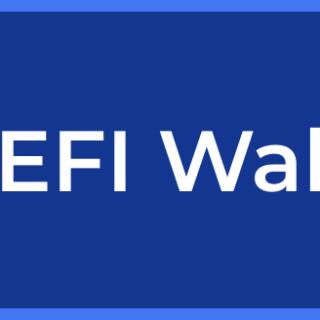Central Limit Order Books (CLOB)
The CLOB is at the heart of most major crypto exchanges.
If you’ve ever made a transaction on Binance, Coinbase, Gemini, or any centralized exchange, you’ve used a Central Limit Order Book or a CLOB. A CLOB is the most popular exchange system, matching buyers and sellers with the best price at a given time. It is, by nature, neutral and transparent. This internal process is not only used by digital asset exchanges but also by traditional exchanges like the New York Stock Exchange (NYSE).
Say you want to sell an asset. You can use the exchange to place an order that includes the price you’d like to sell for and the quantity. You’re playing the role of the order “maker” in this situation. The exchange then places your sell order into a database (an order book) with many others and makes all those orders public to its users. Finally, someone on the other end (the “taker”) must interact and bid on the prices and quantities available on the order book. The exchange then matches the seller and buyer at each price point, filling the orders as it can.
Limitations can be set on these orders to remove them if the price and amount targets aren’t met. You can also opt to buy or sell for the best possible market price at the time and have your order filled from the CLOB immediately based on the bids that are waiting there. The order book, as stated, is neutral, and will fill whatever orders are possible to complete without any preference for who has placed the orders.
One of the biggest drawbacks to centralized CLOB exchanges is trusting to leave your funds on the exchange itself. Your coins are vulnerable to downtime or being inaccessible (preventing you from trading), and you may experience unethical trading practices if the exchange itself or other users (even bots) manipulate bids on the order book.
While CLOBs are usually associated with centralized exchanges, decentralized exchanges (DEXs) utilize them as well. The DEX will be centralized in the sense that it could potentially control who and what is placed into the order book but decentralized in the sense that smart contract code will execute the trades without taking the funds into custody. The overarching advantage here is maintaining custody of your assets, knowing you will hold the crypto in your own wallet until the time that conditions are met for the sale to take place.

